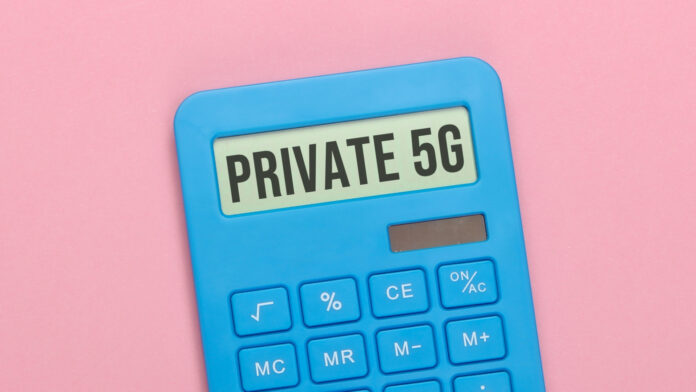Nokia has introduced a ‘sustainability calculator’ for enterprises to estimate the environmental and operational (“social”) benefits of using private 4G (LTE) and 5G networks as a platform for new Industry 4.0 applications. The tool seeks to map out how edge networking and computing technologies stand to deliver a broad return on investment, potentially, in terms of improved operations and safety, and reduced costs and carbon emissions.
It also seeks to appeal to the demand from investors for greater transparency and scrutiny into corporate environmental, social, and governance (ESG) performance, said Nokia. It has been developed with the UK arm of professional services company PwC, and is originally pitched to the mining, manufacturing and port industries.
PwC had drawn on Nokia’s own experience in the enterprise space, said the Finnish vendor, having so far deployed private 4G and 5G networks for 760-odd industrial customers. The calculator tool (called Nokia Private Wireless Sustainability Calculator) uses PwC’s impact management framework (Total Impact Measurement and Management; TIMM) framework as the basis for its calculations.
“TIMM is rooted in impact pathways, going one step further than most other methodologies to translate the costs and benefits to society in monetary terms,” said a statement. “The calculator uses data from multiple sources, including previous quantifications in other projects and network models, to provide a comprehensive understanding of the network’s impact… The model’s insights support users to identify opportunities to enhance business operations.”
These environmental impacts include extending the life of industrial equipment, through more focused maintenance, andalso reducing transportation downtime and fuel consumption. Better health and safety for workers is another (social and operational) impact, enabled by connecting sensors and monitors to flag dangers in Industry 4.0 environments, say, as well as supporting more robust comms services for workers just to be in touch, and alert.
Nokia cited “factors like remote machine control, which reduces worker exposure to hazardous environments”. It sought to quantify some of the benefits, quoting a report by GlobalData (commissioned by Nokia) that 79 percent of enterprises have seen a 10 percent reduction, at least, in greenhouse emissions after deploying private 4G/5G solutions – “like drones, industrial IoT sensors, and digital twins”.
There is a symbiosis on the upside, as well. “Operations became 10 percent more efficient, leading to reduced energy consumption and improved worker safety,” said Nokia. Autonomous trucks attached to private 4G/5G networks contribute to a seven percent reduction in fuel consumption and wear and tear, on average, it reckons. On worker safety, it suggested “mid-sized” chemical plants with private 4G/5G save about €1.4 million in “societal costs”.
The calculation assumes consistent production volumes, it noted; societal costs are economic and social burdens associated with accidents, injuries, and illnesses – including healthcare expenses, lost productivity, and impact on families and communities.” Such firms have seen a 35 percent fall in health and safety incidents. “Many physical industries, heavy emitters of greenhouse gasses, haven’t had the chance to reap the full potential of digital technologies yet,” it said.
Subho Mukherjee, vice president of sustainability at Nokia, said: “To reach our climate goals, we need to speed up their digital transformation… Nokia is helping industries go digital to be smarter, more automated, sustainable, and efficient. Our new [calculator] is the first of its kind, showing [how] private networks can help businesses be more environmentally friendly. It’s a strong step towards quantifying what Nokia believes in – that there is no green without digital.”
Nokia has committed to reaching net-zero greenhouse gas emissions by 2040, it said.
Tom Beagent, sustainability partner at PwC UK, said: “Technology has a huge role to play in tackling social and environmental challenges. It is great to see Nokia using its expertise to support its customers to see the potential of private wireless in tackling issues such as health and safety and carbon emissions. Monetizing impacts with frameworks like TIMM really help decision makers to understand the social and environmental return on investment and the role technology can play in delivering on their sustainability goals.”

